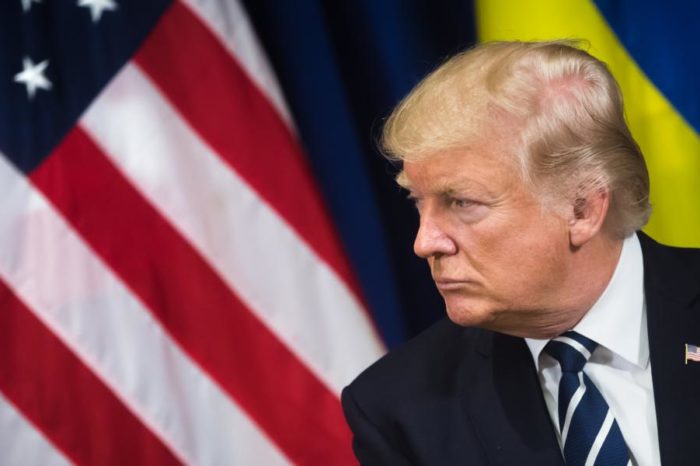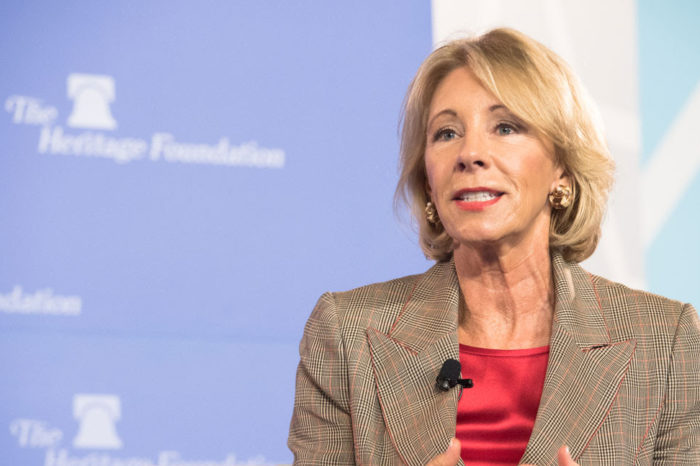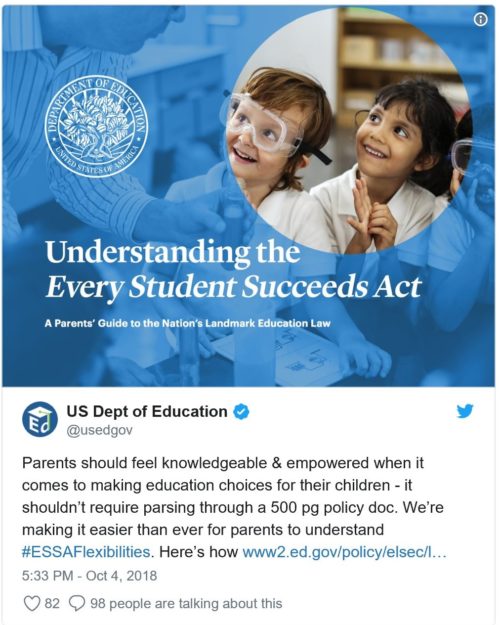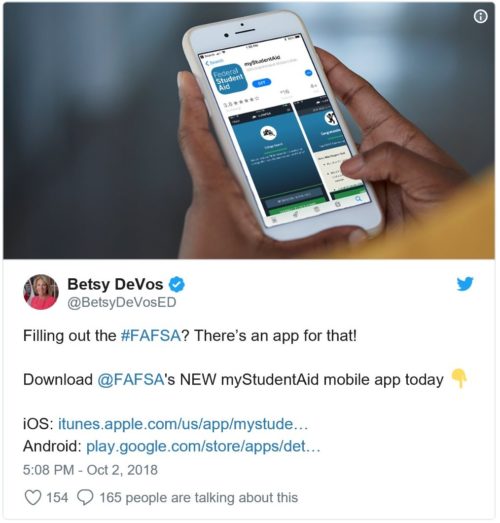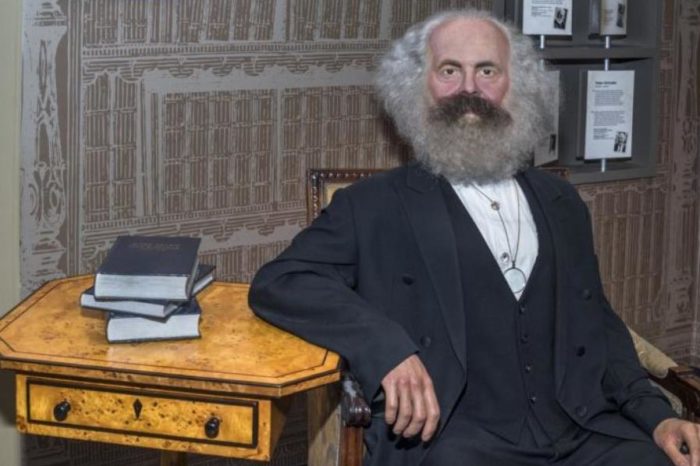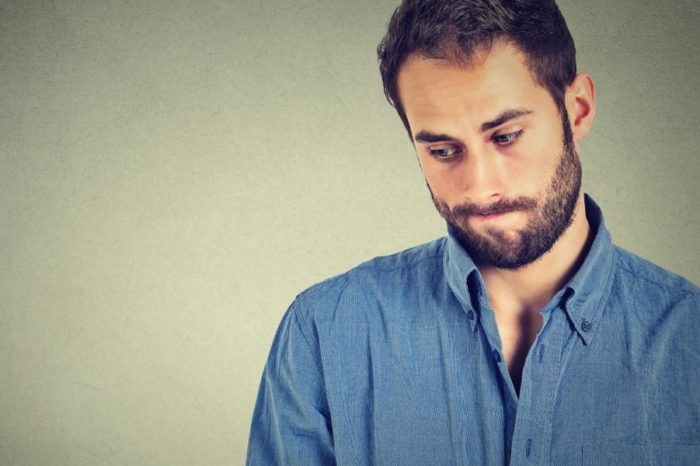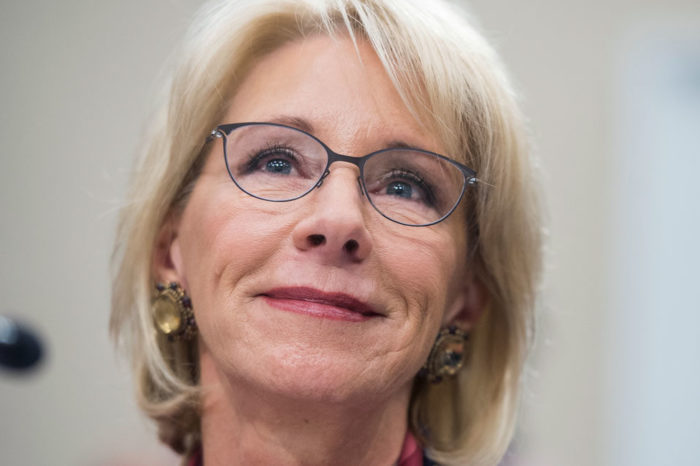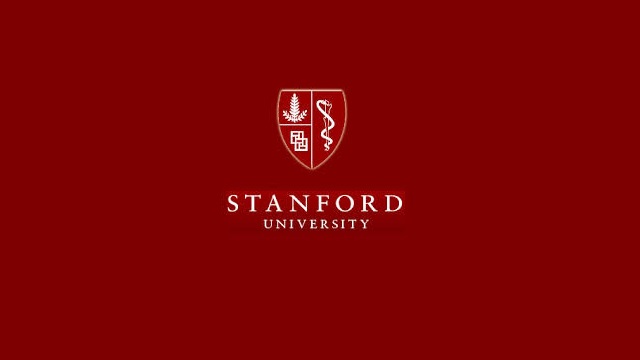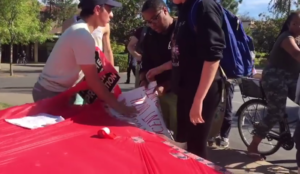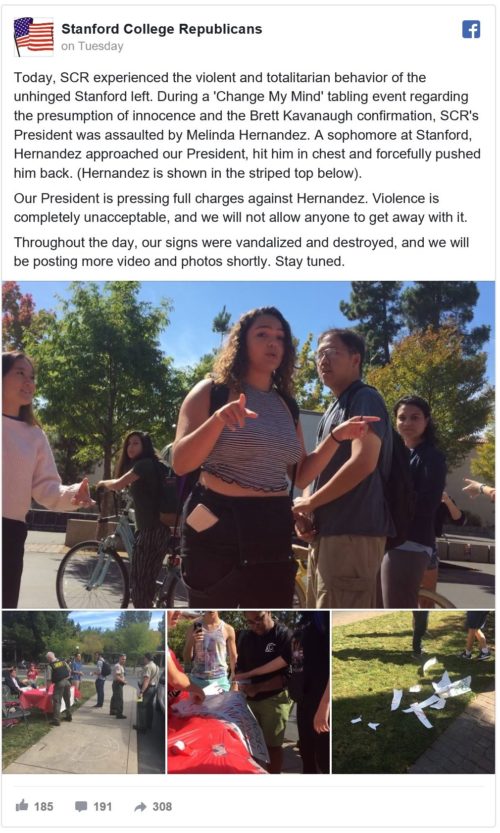2018 MIDTERMS: What’s At Stake?
Midterm elections are normally as exciting as watching grass grow. A handful of people usually show up to elect dog catchers and the like. Democrats tend to avoid it like the plague, failing to see the significance of it in comparison to a presidential election. However, in the Age of Trump and the Resistance, the 2018 midterm elections have been electrified and we may very well see some record voting numbers for such an election. This, of course, represents a bonanza for the news media who reaps the financial harvest by whipping the populace into a frenzy.
The media is quick to tell us the party in power normally loses during a midterm election. I would remind them, these are unusual times and we have a President who doesn’t play by their rules and is only interested in results, not history.
Elections are meters of our morality. This is where we collectively determine what direction we would like to see the country go. It defines our priorities and values; what is right and what is wrong. To illustrate:
COURTS
This election will determine what kind of Supreme Court we want: Republicans want justices to interpret the Constitution, and Democrats want them to enact law from the bench. Whereas the former is perceived as conservative, the latter represents a liberal approach. This also applies to the Federal benches as well.
This same phenomenon applies to State Supreme Courts. For example, in Florida three vacancies are awaiting to be filled. Should Democrat Andrew Gillum win the governor’s race, the three justices will likely be liberal; should Republican Ron DeSantis win, the justices will take a conservative approach.
This aspect alone is highly significant to the midterm elections. In terms of morality, should justices simply interpret law, or pave the way for new laws outside of the scope of the Constitution?
CONSTITUTION
The midterms will also have an impact on the mechanisms embedded in the U.S. Constitution. For example, Democrats want to eliminate the Electoral College and rely totally on the popular vote to decide the victor of presidential elections. On the other hand, the Republicans want to keep the Electoral College “as is” in order to maintain parity between urban and rural America. From a moral standpoint, which is the fairest approach? Should the Electoral College be eliminated, the interests of rural America will be neglected, causing candidates to only focus on the needs of urban areas.
Another area under consideration is the eligibility to vote. Whereas Republicans want all legal citizens to vote, Democrats want to give illegal immigrants and criminals the right to vote. There is also discussion regarding the lowering of the voting age to 16. The question is, what kind of person should be allowed to vote?
THE RULE OF LAW
Some people believe the law should be applied equally to everyone. Others believe exceptions should be granted, that some people are above the law. Republicans believe a person is “innocent until proven guilty” and there should not be a double-standard that allows otherwise (“guilty until proven innocent”). To enforce this, there should be “due process” to entitle citizens to fair and consistent treatment under the law.
The Rule of Law includes Amendment I of the Bill of Rights whereby Congress shall make no law prohibiting “the right of the people peaceably to assemble, and to petition the Government for a redress of grievances.” Peaceably is the keyword here. This certainly doesn’t support the concept of anarchy as advocated by some people in this country today.
So, the moral question becomes, do we believe in adhering to the Rule of Law, or do we prefer mob rule?
SOCIOECONOMICS
The United States was founded as a free enterprise system which is an economic system where government places few restrictions on the types of business activities or ownership by citizens. This is based on the concept of Capitalism which is a celebration of the individual’s right to try and succeed, requiring a sense of risk. In contrast, the Democrats are embracing Socialism which concentrates on the rights of the group overall, controlled by government, thereby suppressing individual initiative and risk. Unlike Capitalism which allows for failure, there is no such sense of loss in Socialism, nor sense of victory. Essentially, everyone receives a trophy, win or lose. The two socioeconomic programs are as different as night and day, and are simply incompatible.
Under Capitalism, the individual is entitled to enjoy the fruits of his/her labor, such as financial rewards. This is an important benefit derived from risk. Under Socialism, there is no such concept, and instead of the individual benefiting, the wealth is evenly distributed to the work force, regardless if they earned it or not. In other words, a weak worker benefits at the same rate as a strong worker.
Democrat Socialists believe in free entitlements for everyone, such as college education, food and housing, transportation, health care, and jobs. This may sound enticing, but they have no clue as to how to pay for all of this other than higher taxes, thereby causing a redistribution of the wealth, which is anti-Capitalist.
The moral question thereby becomes, which system should America embrace? Republicans defend Capitalism, Democrats prefer Socialism.
GLOBALIZATION VS. NATIONALISM
This election is also about adopting a position of Globalization or Nationalism. Globalization, as supported by Democrats, involves the cultural integration of trade, capital, and immigration among the countries of the world. This tends to force countries to lose their identity and become subservient to others. Consequently, we are seeing a push back in the form of Nationalism as in President Trump’s policy of “America First,” and “Brexit,” representing the United Kingdom’s exit from the European Union.
Nationalism respects the sovereignty of a country, meaning their ability to manage their own affairs independently. Globalization loosens these restrictions to promote equality of nations and cultures, a form of Socialism. Nationalism respects the rights of the citizen, Globalization respects the rights of everyone, regardless where they are from. Consequently, this has led to the immigration problems plaguing the United States and Europe. In a nutshell, it means caring for anyone crossing our borders. Whereas under Nationalism, immigrants must lawfully apply to be accepted, respect the rule of law, and adapt to society, Globalization is just the reverse.
So, the question becomes do we want to be a sovereign country, where the rule of law is respected, or do we want to have open borders and an amalgamation of cultural laws? Add on to it, the provision for housing, education and healthcare for anyone on our shores.
As mentioned, politics is morality in action, as it leads to the the laws, rules, and regulations of a body of people, thereby representing their interpretation of right and wrong. To learn about politics and government is to learn morality. The founding fathers felt strongly about this. So much so, in 1828 the text book, “Elementary Catechism on the Constitution of the United States” by Arthur J. Stansbury, was introduced to teach students government and morality. Having the students learn their rights and freedom was considered important in the early days of this country.
Republicans believe government exists to serve the people. Democrats believe the citizens are subservient. This, of course, represents conflicting interpretations of morality.
On November 6th, we will again determine what is right and what is wrong.
Keep the Faith!
RELATED ARTICLE: 4 Democratic Midterm Ads That Spectacularly Backfired
EDITORS NOTE: All trademarks both marked and unmarked belong to their respective companies. This column with images is republished with permission.

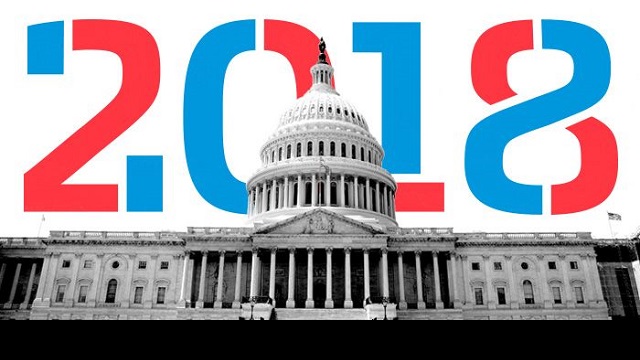





.jpg)




